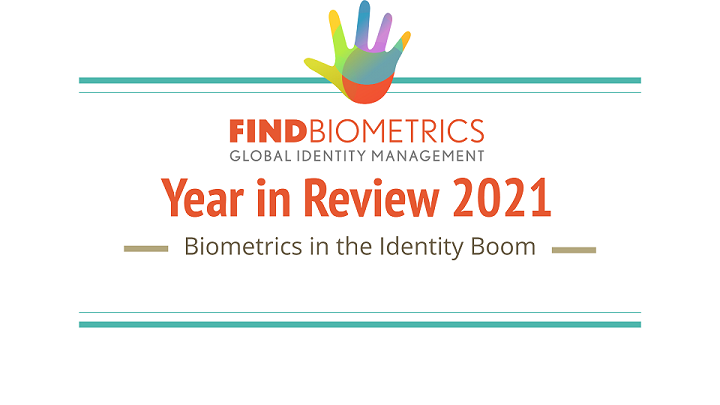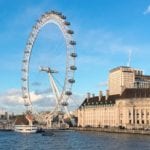
Part of what makes FindBiometrics’ annual Year in Review survey so valuable – perhaps the core part of its value – is that it illustrates sentiment about key issues the industry facing at any given time. Some of its questions, such as the one asking which is the year’s top modality, offer a direct view of a particular issue. Sentiment about other important issues, meanwhile, can be pieced together from answers to multiple survey questions.
How industry insiders feel about law enforcement’s use of facial recognition is a good illustration of the latter, and as responses to this year’s survey continue to pour in, it will be interesting to see how answer coalesce around a few key questions.
One is the aforementioned question about popular modalities. Facial recognition is generally expected to take the top spot again thanks to its booming popularity in selfie-based authentication and onboarding, but its popularity relative to other modalities like fingerprint scanning may offer hints about how respondents feel about its associations with police surveillance.
A more direct indication may come from the question asking how strongly respondents agree or disagree with the statement, “Biometrics are a controversial technology.” This year has seen a continuing trend of legislation aimed at banning or restricting law enforcement agencies’ use of facial recognition over privacy, civil rights, and other ethical concerns. And Clearview AI, notorious for its web crawling face biometrics platform that it markets to law enforcement, continued to draw negative attention from mainstream media this year, not to mention ongoing scrutiny from regulatory authorities. Strong agreement with the Year in Review question would signal that these remain serious concerns to those in the industry.
Strong agreement with another question might send the opposite signal. The Year in Review Survey also asks respondents whether they are comfortable with their government’s use of biometric technologies. Answers will, of course, depend on where the respondent resides; and they won’t just reflect feelings about law enforcement and surveillance, since government border authorities around the world are increasingly using biometrics to screen travelers, and a growing number of government agencies are starting to look to biometric tech to confirm citizen identity.
In any case, respondents answering this question will likely think about how government law enforcement agencies use facial recognition, and the political valence of the issue might have changed somewhat in 2021. In recent years, this application of facial recognition seems to have been increasingly perceived as controversial, probably in part thanks to high-profile mass protests decrying police misconduct. But 2021 started with a different kind of protest, in which the US Capitol was besieged by rioters and insurgents, and facial recognition has since been used by police to help track down the individuals involved. That could help to shift answers to this question in another direction – or intensify feelings that were detected last year.
FindBiometrics’ editorial team will endeavor to parse all of this in the new year, and will share the most interesting insights with dedicated coverage. In the meantime, this year’s survey is still open, and we very much would like your perspective if you haven’t shared it already.
–
December 17, 2021 – by Alex Perala








Follow Us